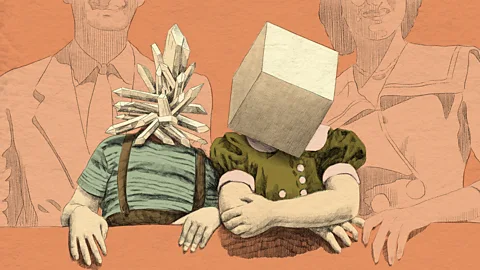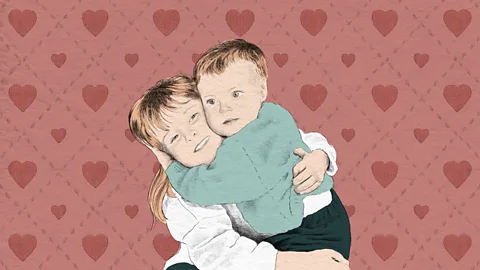Do Eldest Daughters Really Have ‘Eldest Daughter Syndrome’?
For decades, families and scientists have debated whether birth order shapes personality. The stereotype of the responsible eldest, rebellious youngest, or attention-seeking middle child persists. But how much truth lies behind these labels? Recent research suggests the answer is far more complex than we think.

Birth Order Research: A Century of Conflicting Findings
Psychologists have studied birth order effects for over a century, but results have remained inconsistent. One major challenge is measurement. Many earlier studies relied on small samples and self-reported data, introducing biases. Rodica Damian, associate professor of psychology at the University of Houston, points out that family size, socioeconomic status, gender, and cultural expectations all complicate efforts to draw universal conclusions.
The well-known “Big Five” personality traits — extraversion, agreeableness, conscientiousness, neuroticism, and openness to experience — have been extensively tested. Yet, large-scale studies fail to show that birth order significantly impacts these traits across all families.
Does Birth Order Influence Intelligence?

One area where some consistent findings exist is intelligence. Multiple studies, including those by Julia Rohrer at Leipzig University, confirm that firstborns tend to score slightly higher on intelligence tests compared to their later-born siblings. This advantage may result from early cognitive stimulation, where firstborns receive more adult attention and language exposure before siblings arrive.
“It’s not about genetic differences,” says Damian. “It’s about the environment in those crucial early years.” Still, these differences are minor and fluctuate depending on various factors, such as family structure and cultural context. For example, data from Indonesia shows that younger siblings may have better educational outcomes than older siblings due to changing financial circumstances.
Explore more on Health & Science News
Primogeniture and Cultural Expectations
While birth order may not universally shape personality, cultural practices certainly can. In societies practicing primogeniture — where the eldest inherits wealth or titles — birth order plays a significant role in shaping life outcomes. In the UK, this tradition influenced inheritance laws and even royal succession until recent legislative changes. Popular culture, like the HBO show Succession, reflects how these expectations still resonate today.
Only Children: Unfairly Maligned?
Only children often face the stereotype of being selfish due to not sharing parental attention. However, research consistently debunks this myth. Recent studies show no significant differences in selfishness or narcissism between only children and those with siblings. Social behaviors appear comparable, and any minor differences tend to diminish with age.

Surprising New Findings on Personality Traits
A groundbreaking 2025 study by Michael Ashton (Brock University) and Kibeom Lee (University of Calgary) offers new insights. Examining over 700,000 participants, their research found that middle-born and last-born siblings scored slightly higher in Honesty-Humility and Agreeableness compared to firstborns. While these differences were small, they were more pronounced when comparing only children to those from large families.
Ashton and Lee emphasize that while birth order effects are statistically measurable, they are minor and influenced by many external factors, making sweeping generalizations unhelpful.
Birth Order: Myth or Meaningful?
Despite ongoing debate, researchers like Julia Rohrer caution against dismissing birth order research entirely. “It provides labels that help people connect with shared experiences,” she explains, “but we shouldn’t assume these experiences are universal.”
Ultimately, while you may identify with being the responsible eldest or the rebellious youngest, your personality likely results from a complex mix of family dynamics, cultural norms, individual experiences, and simple age differences — not just your birth position.
Conclusion: A Nuanced Picture of Birth Order Effects
Birth order may subtly influence certain aspects of intelligence and social behaviors, but the idea that it rigidly shapes personality traits like responsibility or sociability lacks strong scientific backing. Family structure, parental expectations, cultural context, and personal experiences all interact in unique ways to shape who we become.
As research evolves, the birth order debate remains vibrant — offering intriguing insights but no simple answers. And for those eldest daughters who like to joke about being the smartest — well, you might not be entirely wrong, but science says it’s more complicated than that.
Further Resources:
- Health & Science Updates – The Morning News Informer
- Global Psychology Research News
- Original BBC Source









